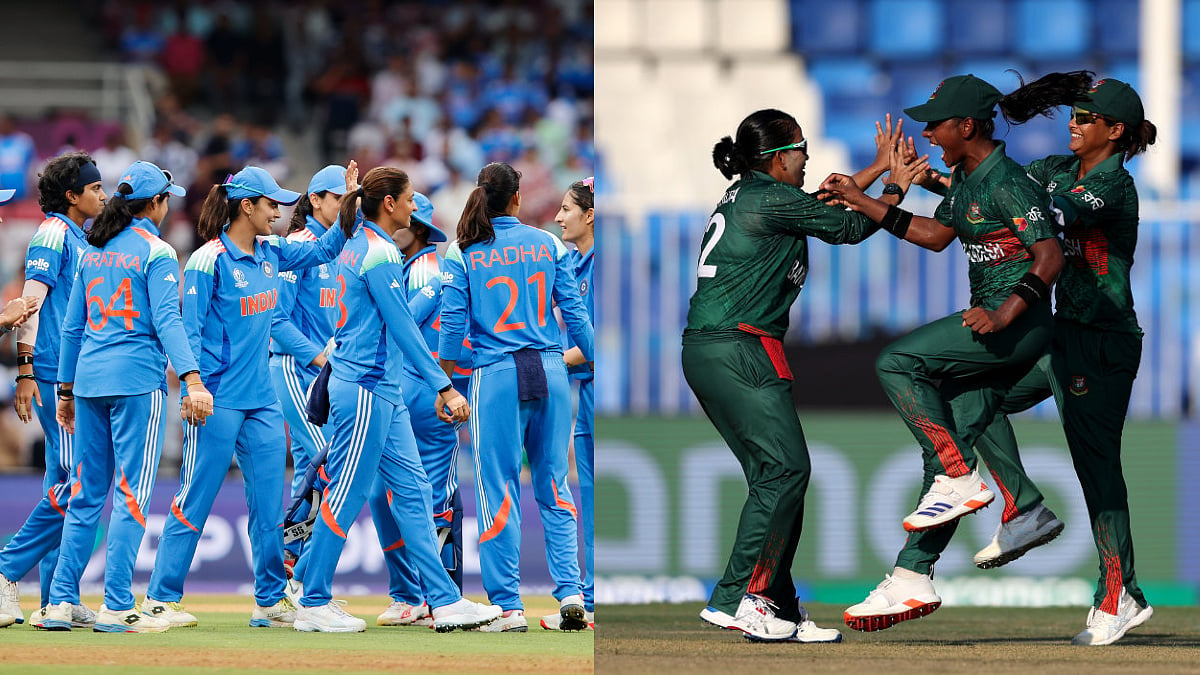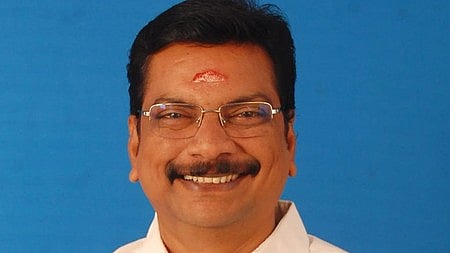University of Southern California's President Carol Folt, accompanied by a delegation of deans, faculty researchers, and senior administrators, recently embarked on a visit to India with the aim of strengthening global educational ties between USC and the country. Folt emphasized the timeliness of enhancing the USC-India partnership, stating, "The time is right now to supercharge the USC-India global partnership," during discussions with reporters, Indian officials, and members of the USC community.
Folt expressed her commitment to establishing USC as a West Coast hub for bilateral collaboration between the United States and India. She highlighted USC's position as a leading global research center situated at the crossroads of technology, art, and culture, offering Indian students and partners unparalleled opportunities for academic and professional growth.
In an exclusive interview with the Free Press Journal, Anitha Cadambi, who teaches at The USC Gould School of Law in Los Angeles, California, shared insights into the opportunities available for international students at the school.
Additionally, Cadambi, also serving as the USC Gould Graduate & International Programs' associate director of graduate curriculum and instruction and an adjunct assistant professor of law, discussed the diverse array of programs offered by USC Gould for students seeking legal education.
Excerpts From The Interview
FPJ: What opportunities does USC Gould School of Law provide for law students in India?
Cadambi: We offer several opportunities for law students in India to study at the Gould School of Law, including a student exchange program and an LLM pathway program through O.P. Jindal Global Law School. Under the LLM pathway program, students will pursue an LLM at USC Gould during the final year of their LLB.
FPJ: Can you provide details about the pre-LLM program offered by USC Gould School of Law and its objectives?
Cadambi: We offer a 4-week Summer Law and English program for students who want to get a head-start in their studies before they begin their LLM program. This program is tailored to help students build a foundation for future legal studies in the United States. It includes lectures on key U.S. topics like the common law system, Constitutional Law, torts, contracts and more.
FPJ: How does USC Gould tailor its programs for international students' diverse backgrounds and experiences?
Cadambi: We offer practical classes taught by practicing attorneys through which students gain an inside look at the critical issues across various industries, as well as strategic guidance on navigating potential issues. Our lecturers have international experience, which they bring to the classroom. Similarly, many of our students have prior work experience that lends an interesting perspective to classroom discourse.
FPJ: As a law professor, how do you bridge the gap between international students' backgrounds and the U.S. legal system?
Cadambi: I like to focus on terminology. I often emphasize that law is a foreign language and that understanding the terminology can be helpful. I also encourage them to compare U.S. law with the Indian legal system. This comparative approach helps them better understand the subject matter. We spend time in class discussing real-world scenarios/legal problems that could arise in any country and approach these problems from a domestic and international lenses, where applicable.

FPJ: How does USC Gould support international students during their time at the university in the LLM program?
Cadambi: Prior to admission, we invite students to participate in virtual and in-person events, often organized with alumni, so students can gain a real understanding of what it is to be a student at Gould Our Graduate & International Programs office has developed orientation sessions, to help students acclimate to studying at an academically rigorous law school.
FPJ: What global legal work opportunities do international students at USC have amid the growing globalization of legal practice?
Cadambi: We understand the growing international nature of law, emphasizing the importance of grasping legal practices across borders. Proficiency in U.S. law fundamentals equips students for diverse career trajectories post-graduation. Situated in Los Angeles, a global hub for law and commerce, our students benefit from externship opportunities with international organizations. These experiences enhance their skills, expand networks, and translate classroom learning into practical application.
FPJ: What advice would you offer to international students considering pursuing legal education in the U.S.?
Cadambi: Students are urged to research their career paths and understand the educational requirements. Knowledge of U.S. law can benefit various career fields, enabling collaboration with attorneys and offering insights into regulatory impacts. Even non-law students can pursue law-adjacent careers, leveraging critical thinking and analytical skills gained from legal studies for success in diverse sectors.









